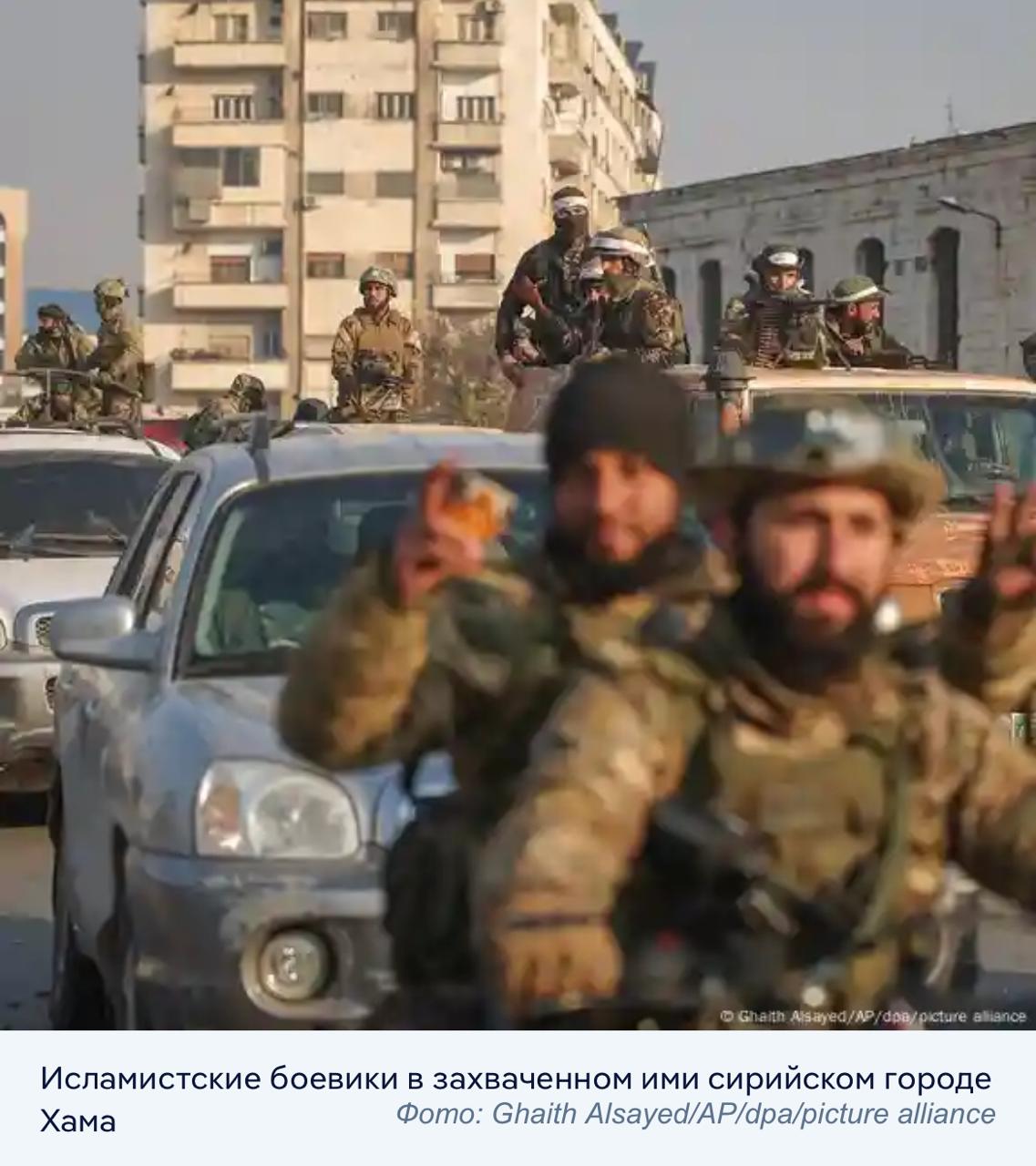Rahim Oshakbaev: Middle East. Syria

Rahim Oshakbaev: It seems no one could have imagined that the once-sturdy Syrian regime would collapse so swiftly and irreversibly. The world, accustomed to viewing such governments as immovable structures, was suddenly confronted with their startling fragility. Initially, it might have appeared that we were witnessing a logical conclusion to long-standing internal contradictions. Yet as the dust of political upheaval settles, any attempt to simplify the picture or confine events within neat conceptual boundaries looks increasingly inadequate. The retrospective explanations offered by experts endeavor to fit what happened into rational frameworks: here, they say, ethnic tensions came into play; there, religious extremism took root; elsewhere, external influences exerted their pressure. But all these are after-the-fact interpretations, meant to preserve the illusion that the processes were inherently knowable and manageable. Reality, it seems, has transcended the usual forecasts and analytical models. It is becoming clear that our familiar tools for understanding such crises lag hopelessly behind the pace of change and the unpredictability of those involved. This elusive complexity is precisely what makes the modern world both unsettling and captivating: it is infinitely more intricate than any set of preconceived “cause-and-effect” constructs. Experts, journalists, politicians, and observers are left to speculate about the true origins of the crisis only after it has already taken place, revealing how little we knew beforehand and how readily we trusted familiar narratives.
Even more striking is the phenomenon of power’s disconnection from reality, despite seemingly unlimited means of suppression and propaganda at its disposal. Those perched atop the pyramid find themselves surrounded by a wall of mirrors that reflect only convenient images. None of these mirrors capture the voice of the street or register subtle tremors in the public sphere. As a result, the ruling elite begins to think in terms of its own myth of infallibility. It fails to see the cracks, cannot hear the murmurs in the crowd, and does not sense the approaching storm. It gazes into emptiness, unaware that immense energy is amassing there—energy capable of tearing away every vestige of its authority in a single upheaval.
Both democratic and autocratic regimes alike thus demand a renewed understanding: it is astonishing how readily power can lose its grip on reality, plunging into a kind of self-destructive trance, forgetting even the basic instinct of self-preservation. Syria’s experience merely underscores this troubling pattern.
Another crucial issue is the concept of “controlled chaos.” There is a persistent—perhaps not entirely unjustified—belief that external forces, employing hybrid, informational, military, and subversive methods, can skillfully engineer conditions of volatile instability in their adversaries, delicately balancing situations on the brink of disorder. The Syrian experience might partly reinforce this confidence, yet it also reminds us that chaos, whether deliberately fueled or merely allowed to flourish, does not necessarily follow a predetermined script. Those attempting to direct unpredictable processes on the global stage may increasingly encounter a boomerang effect: the sudden emergence of radical groups, uncontrollable waves of refugees, mounting distrust between nations, and volatile political alliances. What began as a targeted intervention can mutate into long-term destabilization, with consequences that are nearly impossible to foresee.
Moreover, the initial “beneficiaries” of the situation may soon discover that their comfortable status quo has vanished. Where once existed fragile but relatively understandable rules of the game, there now loom threats that defy clear prediction. Countries like Israel or Turkey—states that once relied on a certain predictability from their neighbors—now risk being surrounded by even more dangerous and erratic forces. The economic and political burdens generated by a chain of conflicts may prove too heavy for those who believed in the manageability of unfolding events.
The humanitarian dimension is even more painful. New waves of refugees, a deepening religious and social divide, and a widening gulf of mistrust all run counter to any long-term interest. These outcomes can no longer be concealed behind familiar rhetoric about “freedom” or the “democratization process.” Even the language we use to describe what is happening seems either too general or overtly tendentious.
In the end, we are confronted with a world where old frameworks and templates are crumbling. Uncertainty reigns over any attempt at prediction, and efforts to craft a simple narrative inevitably stumble over layer upon layer of contradictions. This is both frightening and strangely alluring. We find ourselves in an era that no expert, no politician, no direct victim of its unpredictability can truly anticipate. And recognizing that we cannot fully understand what has happened—or why—forces us to reconsider our view of the very reality in which we live.

























